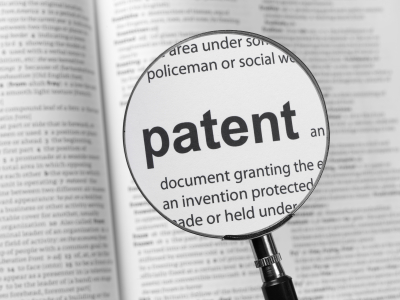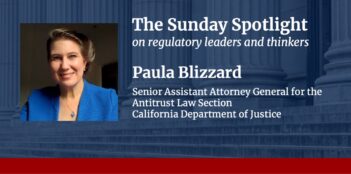
Debate rages on as Congress considers legislation to solve this problem.
Late last month, a bipartisan bill aimed at tackling the so-called patent troll issue was referred to the House Judiciary Committee by Representatives Peter DeFazio (D-OR) and Jason Chaffetz (R-UT). The “Saving High-Tech Innovators from Egregious Legal Disputes Act of 2013”—known as the SHIELD Act—is one effort in an ongoing debate over patent trolls that looks set to play out before Congress, the courts, and regulatory agencies in the months ahead. President Obama even raised the issue during a recent Google+ Hangout, prompting further public attention.
The term patent troll is slang used to describe intellectual property businesses that purchase patents from their existing owners and make money by licensing the patents to—or litigating against—those who are using the patented technology. In other words, these firms do not make money by making or selling high-tech goods or services. Instead, they make money by enforcing patent rights against those that do. In polite parlance, trolls are often referred to as Patent Assertion Entities (PAEs).
PAEs have steadily initiated an increasing number of lawsuits in recent years. In 2011, Congress directed the nonpartisan Government Accountability Office (GAO) to study the effects of PAEs on patent litigation. In December 2012, academic research requested by the GAO confirmed what many industry observers had suspected: lawsuits filed by PAEs increased from 22% of the patent cases filed five years ago to almost 40% of the cases filed in the most recent year. Technology firms such as Yahoo, Google, and others that are defendants to lawsuits initiated by PAEs often complain that the costs involved in this litigation are high—and growing. Indeed, according to a recent Boston University study, patent litigation by PAEs cost defendants and licensees $29 billion in 2011, a 400% increase from 2005. And, these direct cost estimates do not capture the indirect costs associated with the litigation, such as management time spent in depositions. As with every good controversy, these Boston University estimates are hotly disputed since they include in their definition of PAEs universities engaged in legitimate scientific research, something that opponents argue makes the study fundamentally flawed.
Political opposition to PAEs is growing. During his Google+ Hangout, President Obama told his audience that PAEs “essentially leverage and hijack somebody else’s idea and see if they can extort some money out of them.” He called on stakeholders to build consensus around smarter patent laws to tackle the issue.
The SHIELD Act is one approach to the issue. Under its terms, a new “loser pays” rule would apply to PAEs, which are unfortunately left loosely defined in the current draft. Under “loser pays,” the plaintiff in the patent litigation, i.e. the PAE, would have to pay the defendants’ legal costs if a court finds for the latter. This fee-shifting provision is thought to be an important and effective deterrent to PAE lawsuits because researchers estimate that PAEs lose 92% of the time when the litigation proceeds to trial on the merits.
The Federal Trade Commission and Department of Justice hosted a widely-attended public workshop last December to discuss the policy implications of PAEs for regulatory agencies. The workshop included speakers from industry, academia, and other government agencies such as the U.S. Patent and Trademark Office. Broad consensus on the PAE issue was not reached at the workshop, but the debate continues. The public is invited to submit comments to the FTC and DOJ until April 5 this year.




